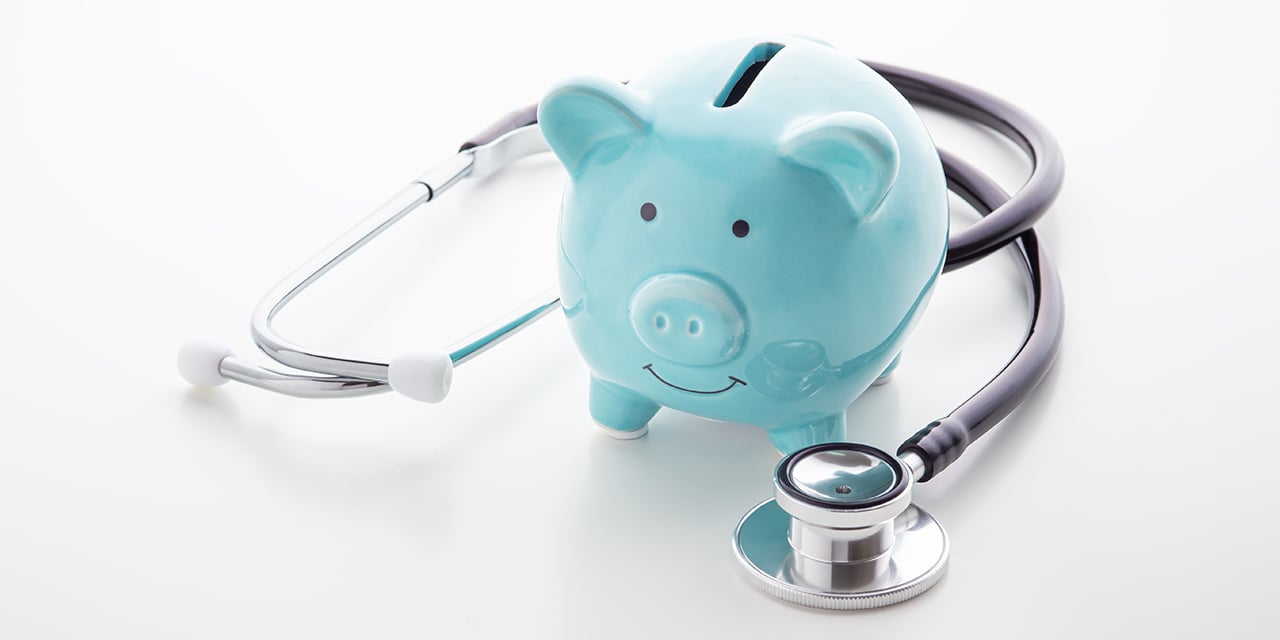
"Am I Ready to Move Out of My Parents' House?"
1) Set a Budget
Before doing anything else, estimate what your expenses will be once you’re on your own and compare this number to your current income and savings. Your budgeting system does not have to be complex – it can be a simple Excel spreadsheet or even a notebook and a pencil – but it will help you organize your monthly spending. Budget planners like this one can help get you started, and if you have an account with Baird, you can access Baird’s digital budgeting tools such as Baird Online’s 360 Wealth to help you get organized.
Some expenses you’ll want to account for are:
- Rent
- Utilities
- Living expenses such as food and transportation
- Expected bills, like streaming services or cell phone usage
- Debt payments
- Retirement contributions
- Discretionary spending to cover costs such as eating out
- An emergency fund
Be sure to personalize your budget to fit your lifestyle. Maybe you drive an old car that often breaks down. It might be smart to start saving some money for anticipated repair costs or for a down payment on a replacement, especially if you need your car to commute to work. If you can’t fit this payment in your budget, you could also consider alternative options such as a location with convenient public transportation.
2) Consider the Start-Up Costs of Moving Out
If you’re looking to move into an apartment, you need to make sure you have enough money to cover not only rent but also all the start-up costs that come with moving out. After all, you want to be able to live comfortably in your new place. If you don’t have enough money saved up to move out, determine how you can rework your spending to work toward this goal. First, you will have to pay a security deposit on your apartment, which is usually one or two months of rent.
Some other costs to consider include:
- Utilities deposit
- Internet
- Furniture and appliances
- Kitchen and cleaning supplies
- Costs of moving, especially if you’re moving far from home
- Parking costs (both for home and if you work in an office)
3) Build Credit and Plan To Handle Any Debt Payments You May Have
Typically, the longer the credit history you have, the better, so it is best to start building your credit history as soon as possible. (It’s also necessary to have a credit score to rent an apartment, so if moving out is one of your top priorities, you should make it a goal to start building your credit history.) Without a credit score, you might need a parent to cosign any lease with you. If you struggle to qualify for a credit card on your own, you may want to consider getting a secured card, which will require you to make a security deposit as collateral, or asking a parent if they will add you to their credit card. In that instance, be sure to check with the issuer to ensure that the card will be reported on your credit history.
It’s also important to be able to pay off any credit card debt in full each month. This means you should avoid charging more to your credit card than you can afford to pay off at month’s end, as that could negatively impact your credit score and make it harder to secure a loan in the future. If you do have credit card debt, prioritize making a plan to pay it off.
Many young adults living at home are recent college graduates who have student loan debt. Upon graduation, it is helpful to create a plan to pay off any outstanding student loans. Make sure to consider all options for student loan repayment to try to minimize these payments – there are a number of smart ways to pay off student loans. Some graduates may qualify for an income-based repayment plan, which helps to reduce payments, or it might be possible to take a longer period to repay your loan, which would allow for reduced payments. After picking the option that is best for you, determine what payments are owed when so that you can keep track of them.
4) Practice Making Monthly Rental Payments
If you’re unsure if you’re ready to move out of your parents’ house, you can practice making rent payments. Typically rent should account for around 30% of your income (at the most!), making it your biggest monthly expense. While living with your parents, consider setting up an account into which you can deposit “rental money” each month. This way, you won’t get used to having the extra spending money that would otherwise go toward making rental payments. You can keep this money as savings, put it toward your emergency fund or use it to cover other costs once you move out.
5) Build an Emergency Fund
Before moving out and becoming financially independent, it’s a good idea to have your emergency fund in place so that you can avoid going into debt or having to ask your parents for help. While you’re still living under your parents’ roof, start saving some of your income each month, if possible. With the uncertainty that exists in our world, an emergency fund serves as a cushion to help you deal with any unexpected catastrophe that occurs in your life. In general, your emergency fund should be able to cover three to six months of critical expenses like rent, food and transportation. If your income fluctuates greatly from month to month, you may want to aim closer to six months. For example, if you’re a 1099 employee, you may want to save a bit more.
Although it’s probably one of the last things on your mind, don’t forget about retirement. Take advantage of compounding by starting to save – even if you can only put a little away. Start by setting aside something small like $25 per paycheck, and have it automatically divert into a retirement account, such as a 401(k) or IRA. If you get any bonuses or raises, consider adding those to your retirement savings as well, and take advantage of any matching program your employer has. If you start saving now, you’re only giving your money more time to compound and grow, helping to ensure that you can maintain your financial independence in the future.
The information offered is provided to you for informational purposes only. Robert W. Baird & Co. Incorporated is not a legal or tax services provider and you are strongly encouraged to seek the advice of the appropriate professional advisors before taking any action. The information reflected on this page are Baird expert opinions today and are subject to change. The information provided here has not taken into consideration the investment goals or needs of any specific investor and investors should not make any investment decisions based solely on this information. Past performance is not a guarantee of future results. All investments have some level of risk, and investors have different time horizons, goals and risk tolerances, so speak to your Baird Financial Advisor before taking action.


